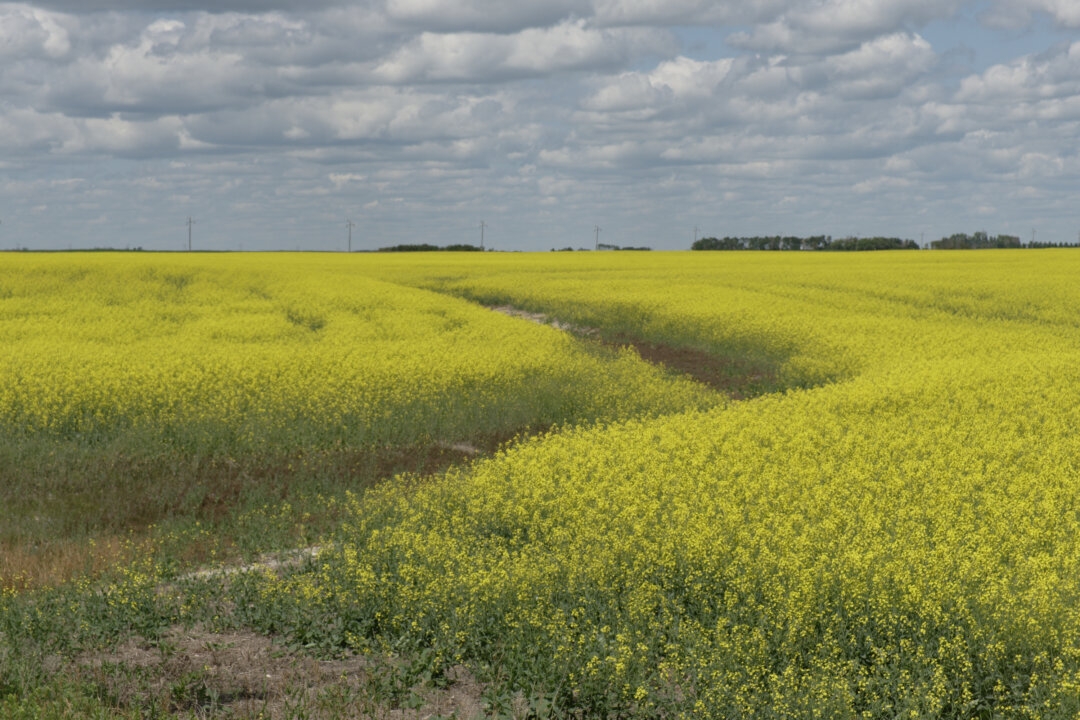
Less than two weeks ago, Hurricane Helene ravaged southern Appalachia with unprecedented floods and claimed hundreds of lives. Now Hurricane Milton has targeted the west coast of Florida, which is still cleaning up from Helene's glancing blow. And less than a month from now, voters will choose between Democrats who accept the reality of climate change and Republicans who do not.
These are not the "normal" hurricanes of the past. Hurricanes are not supposed to retain catastrophic power as they race far inland from the Gulf of Mexico, dumping a Noah's flood of rainfall all the way to Tennessee, the way Helene did. Hurricanes are not supposed to grow from newly formed tropical storm to Category 5 monster in less than two days, the way Milton did — intensification so lightning-fast that it stunned experts.
"I can't even find the right adjective," University of Pennsylvania climate scientist Michael Mann said Monday about Milton. And Mann — author of the famous "hockey stick" graph showing the human-induced rise in global temperatures — pointed me to a Lawrence Berkeley National Laboratory study reporting that rainfall from Helene was boosted 50% by climate change. Understanding why hurricanes now behave differently is a matter of "basic physics," Mann said.
Warmer temperatures provide more energy and moisture to serve as fuel for hurricanes, making them bigger and wetter. It's not that there are more hurricanes. Rather, the ones that do form tend to be stronger and release much more rain.
Counting Helene, the United States has seen eight Category 4 or Category 5 landfalls since 2017 — the same number as during the previous 57 years. Milton could make it nine, though forecasters expected the storm to diminish slightly in wind speed before it lands. Another impact of climate change — roughly half a foot of sea level rise in the Gulf since 2010 — makes storm surge and coastal flooding much worse.
Residents of low-lying areas in the Tampa Bay area have been told to leave their homes, and Tampa Mayor Jane Castor announced bluntly: "If you choose to stay in one of those evacuation areas, you're going to die." Many Republicans are reluctant even to acknowledge climate change, much less do anything about it, because of politics, not physics. Four of the states that suffered fatalities and major damage from Helene — Florida, Georgia, South Carolina and Tennessee — have Republican governors and legislative majorities.
Given all the death and destruction, you might think those officials would be clamoring for urgent action. But the GOP's unchallenged leader, Donald Trump, has famously called climate change a "hoax" and frequently rails against clean-energy power sources such as solar and wind. He says he would dismantle the tax credits and incentives that encourage moving away from fossil fuels, vowing that his energy policy would be "drill, baby, drill.
" In a July 2023 poll, The Washington Post found that 55% of Republicans and GOP-leaning independents believed that human activity is "causing changes to the world's climate, including an increase in average temperature." That is far less than the 93% of Democrats and Democratic-leaning independents who believe in climate change, but it's still a majority. Those numbers suggest that Republican voters might be prepared to support policies to mitigate and adapt to climate change if the party's leaders proposed them.
But GOP elected officials must take their cues from Trump, lest he turn on them. Meanwhile, Helene and Milton and the supercharged hurricanes that will follow do not care whether the states they plow through are red or blue. Nor do the droughts, the wildfires or the punishing heat waves.
Whether we like it or not, climate change is an area of common ground: We're all in this together. Robinson writes for The Washington Post: [email protected] .
Get local news delivered to your inbox!.










